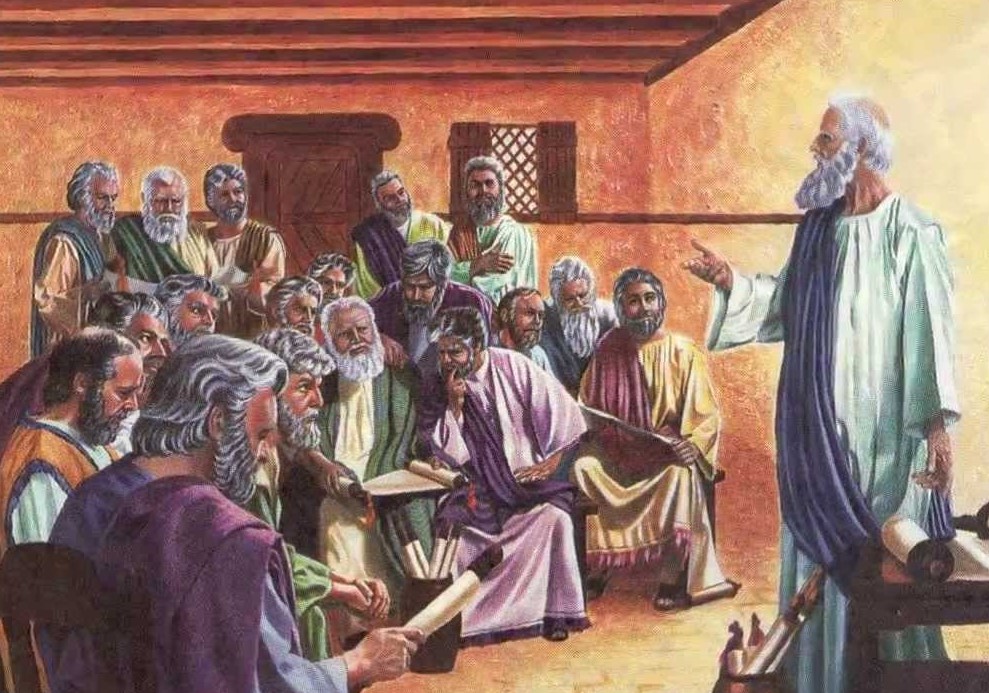
The law of YHVH is perfect, converting the soul: the testimony of YHVH is sure, making wise the simple. The statutes of YHVH are right, rejoicing the heart: the commandment of YHVH is pure, enlightening the eyes. The fear of YHVH is clean, enduring for ever: the judgments of YHVH are true and righteous altogether. More to be desired are they than gold, yea, than much fine gold: sweeter also than honey and the honeycomb. Moreover by them is thy servant warned: and in keeping of them there is great reward. (Ps 19:7–11)
Deuteronomy 28:1, Commandments. Most people with whom I have engaged in discussion about the Torah-law of Elohim have a limited understanding of the breadth, scope and purpose of Elohim’s law. If they understand the full ramifications of the Torah, they would likely be less inclined to dismiss its validity in their lives. When discussing the Torah with people who have a traditional Christian view of “the law,” it might be helpful to keep the following truths in mind; they help to “blow the lid” off of people’s theological boxes!
(Excerpted from a larger work by Ya’acov Natan Lawrence entitled, YHVH’s Instructions In Righteousness—A Messianic Believer’s Introduction to the Torah available online at http://www.hoshanarabbah.org/pdfs/torahprimer.pdf)
The purpose of the Torah is to show man how to walk in right relationship (or righteousness) with his Creator. To do this, we must love YHVH with all our heart, soul, mind and strength (Deut 6:5; Mark 12:30) and love our neighbor as ourself (Lev 19:18; Mark 12:30). Once one is saved by grace through faith (See my teaching article entitled: The Abrahamic Covenant: The Covenant of Salvation, available at http://www.hoshanarabbah.org/pdfs/abracov.pdf.), Torah helps show man how to walk in the straight and narrow path that leads to blessings and life and avoids the curses of the law (Deut 30:15; 32:47). The Torah shows man how to avoid sin (which is the violation of YHVH’s Torah-commandments, 1 John 3:4), which is walking contrary to YHVH’s instructions in righteousness that are for our blessing and benefit.
Continue reading




